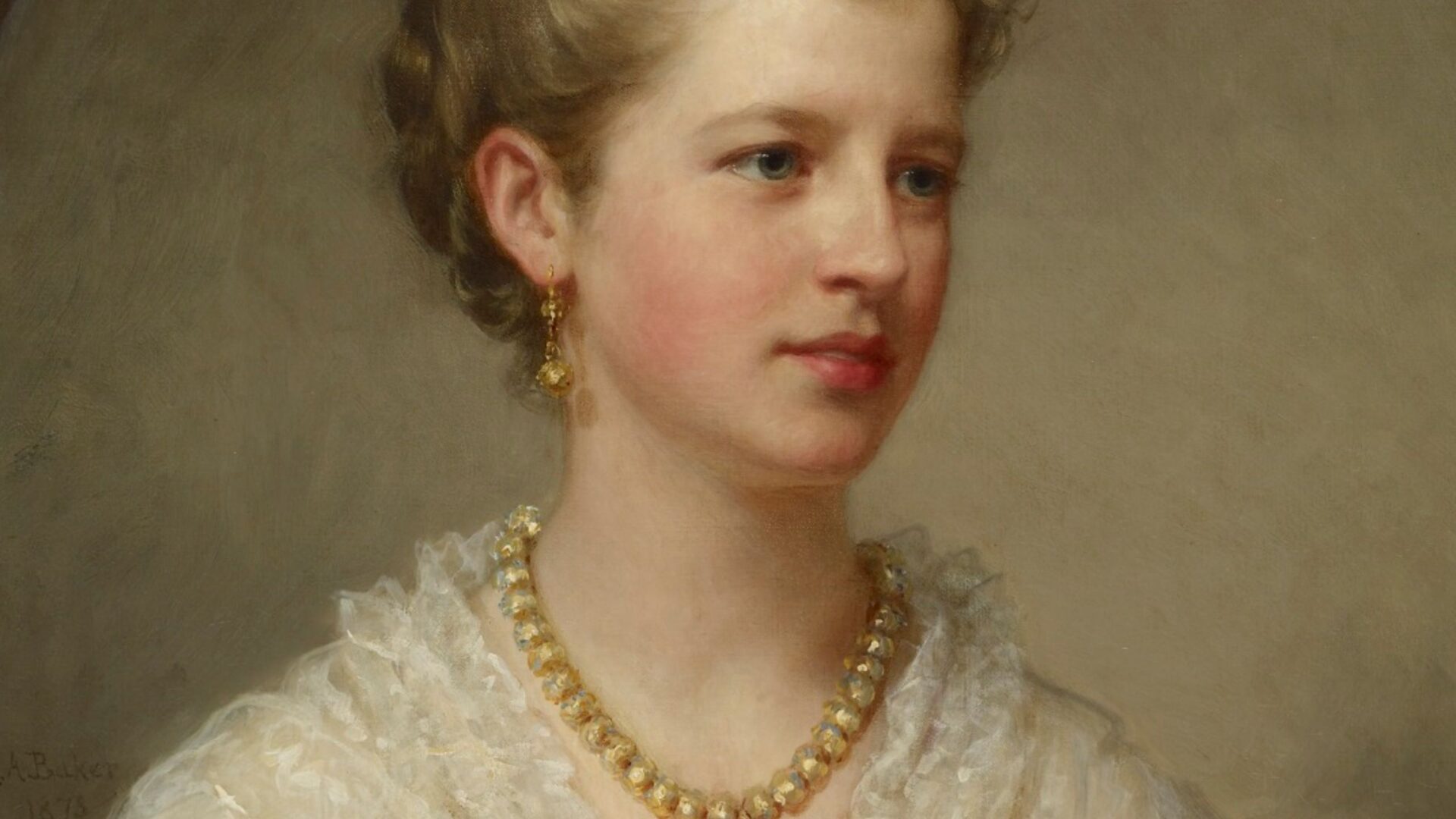The Second Sex: A Profound Examination of Womanhood
In the realm of existential philosophy, Simone de Beauvoir emerges as a luminary, casting her incisive gaze upon the female experience, unraveling the intricate tapestry of womanhood in her magnum opus, “The Second Sex.” With eloquence and intellectual prowess, de Beauvoir dissects the prevailing societal constructs that have relegated women to the status of “the Other.” Through her profound insights, she ignites a poignant discourse on the existential plight of women, invoking the essence of their being and their tireless struggle for emancipation.
In “The Second Sex,” de Beauvoir delves into the roots of gender inequality, tracing the oppressive framework that has shaped women’s lives throughout history. She writes, “The little girl is told: You are a girl, you will grow up, and you will be a woman,” illustrating the burden of gender expectations imposed on women from a tender age. The second sex, as de Beauvoir terms it, faces the perennial challenge of subjugation, constrained by the masculine perspective that denies women their individuality and agency.
With her distinctive writing style, de Beauvoir examines the concept of femininity, dissecting its construction within a patriarchal society. She articulates, “To claim that the feminine is defined only in relation to the masculine would be to acknowledge the absolute priority of the masculine.” Here, she captures the essence of womanhood as a reflection of male domination, leading women to exist in the shadow of men, an echo rather than a voice.
Throughout her work, de Beauvoir urges women to transcend the confines of their imposed roles, emphasizing the importance of self-discovery and self-definition. She writes, “The body is not a thing, it is a situation.” This powerful statement challenges the reduction of women to mere objects of desire, encouraging them to reclaim ownership of their bodies and redefine their identities.
“The Second Sex” is not only a critique of the oppressive structures that bind women but also an impassioned call to action. De Beauvoir insists, “Representation of the world, like the world itself, is the work of men; they describe it from their own point of view, which they confuse with the absolute truth.” She implores women to challenge the male-dominated discourse, to reclaim their narratives, and to forge their paths toward liberation.
As de Beauvoir explores the questions of the women’s soul, she raises thought-provoking inquiries that resonate with women across generations. She contemplates, “What is a woman? What does the word mean when one speaks it?” These questions invite introspection into the multifaceted nature of womanhood, transcending societal norms and expectations.
Delving deeper into the women’s soul, de Beauvoir unravels the complexities of women’s experiences, acknowledging the dual roles women often occupy. She ponders, “Can a woman who feels herself a victim ever feel herself responsible?” These words acknowledge the contradictory expectations placed on women, simultaneously portraying them as both victims of oppression and responsible for their actions.
At the core of de Beauvoir’s exploration is the quest for women’s authenticity. She muses, “One is not born, but rather becomes, a woman.” This profound statement challenges the notion of inherent femininity and emphasizes that womanhood is a construct shaped by social and cultural factors. The journey toward authenticity requires women to break free from the shackles of societal expectations and embrace their true selves.
In conclusion, Simone de Beauvoir’s “The Second Sex” stands as a seminal work, transcending time and space to illuminate the intricacies of the female experience. With her unparalleled writing style, de Beauvoir unearths the oppressive constructs that have relegated women to “the Other” and presents a clarion call for women’s emancipation. Through her profound insights, she empowers women to break free from societal constraints, reclaim their individuality, and dismantle the patriarchal discourse that perpetuates gender inequality. “The Second Sex” remains an enduring testament to the struggle and resilience of women, a resounding voice in the quest for equality and liberation, and a source of inspiration for generations to come.
Part II: The Impact and Legacy of “The Second Sex”
Simone de Beauvoir’s magnum opus, “The Second Sex,” reverberated far beyond the realm of philosophy, leaving an indelible mark on the landscape of feminist thought and social discourse. Published in 1949, during an era marked by patriarchal norms and restrictive gender roles, the book ignited a wave of feminist consciousness and laid the foundation for the modern feminist movement.
In the wake of “The Second Sex,” a myriad of psychologists and scholars rose to further explore the complexities of gender and identity. One such luminary was Karen Horney, a pioneering psychoanalyst who delved into the effects of societal expectations on women’s psychological development. Horney’s works, including “The Neurotic Personality of Our Time” and “Feminine Psychology,” complemented de Beauvoir’s analysis, shedding light on the damaging impact of traditional gender roles on women’s mental well-being.
Horney, like de Beauvoir, challenged the notion of inherent femininity and emphasized that gender roles were social constructs. She posited that women often developed neurotic tendencies due to the constraints of societal expectations, which hindered their pursuit of authentic self-expression. In this context, “The Second Sex” provided an invaluable foundation for Horney and others to explore the interplay between societal norms and psychological development.
Beyond the realms of academia, de Beauvoir’s work permeated cultural consciousness, inspiring a generation of women to question their societal roles and demand equality. The book ignited conversations on gender equality, prompting women to unite in their fight for rights and recognition. Feminist movements emerged worldwide, advocating for women’s suffrage, reproductive rights, and equal opportunities.
“The Second Sex” also laid the groundwork for the exploration of intersectionality, the recognition that gender is not experienced in isolation from other aspects of identity, such as race, class, and sexuality. Scholars like bell hooks and Audre Lorde built upon de Beauvoir’s ideas, highlighting the unique struggles faced by women of color and queer women.
In the decades that followed, the impact of “The Second Sex” continued to reverberate, prompting critical examinations of gender inequality in various spheres, including politics, education, and the workplace. The book’s influence transcended borders, inspiring feminist movements and scholars worldwide to challenge and dismantle patriarchal structures.
The legacy of “The Second Sex” endures, encouraging ongoing conversations on the complexity of gender identity and the importance of dismantling oppressive systems. As society evolves, so too does our understanding of gender, thanks in part to the groundbreaking insights offered by de Beauvoir and her contemporaries.
In conclusion, Simone de Beauvoir’s “The Second Sex” remains an enduring pillar of feminist thought, a testament to the resilience of women and their fight for recognition and equality. The work’s profound impact on psychology and society at large has ignited a global movement that continues to challenge gender norms and empower women to claim their rightful place in the world. As we delve into the intricacies of gender identity and the quest for authenticity, we honor the legacy of “The Second Sex” and celebrate the ongoing struggle for equality and liberation.



